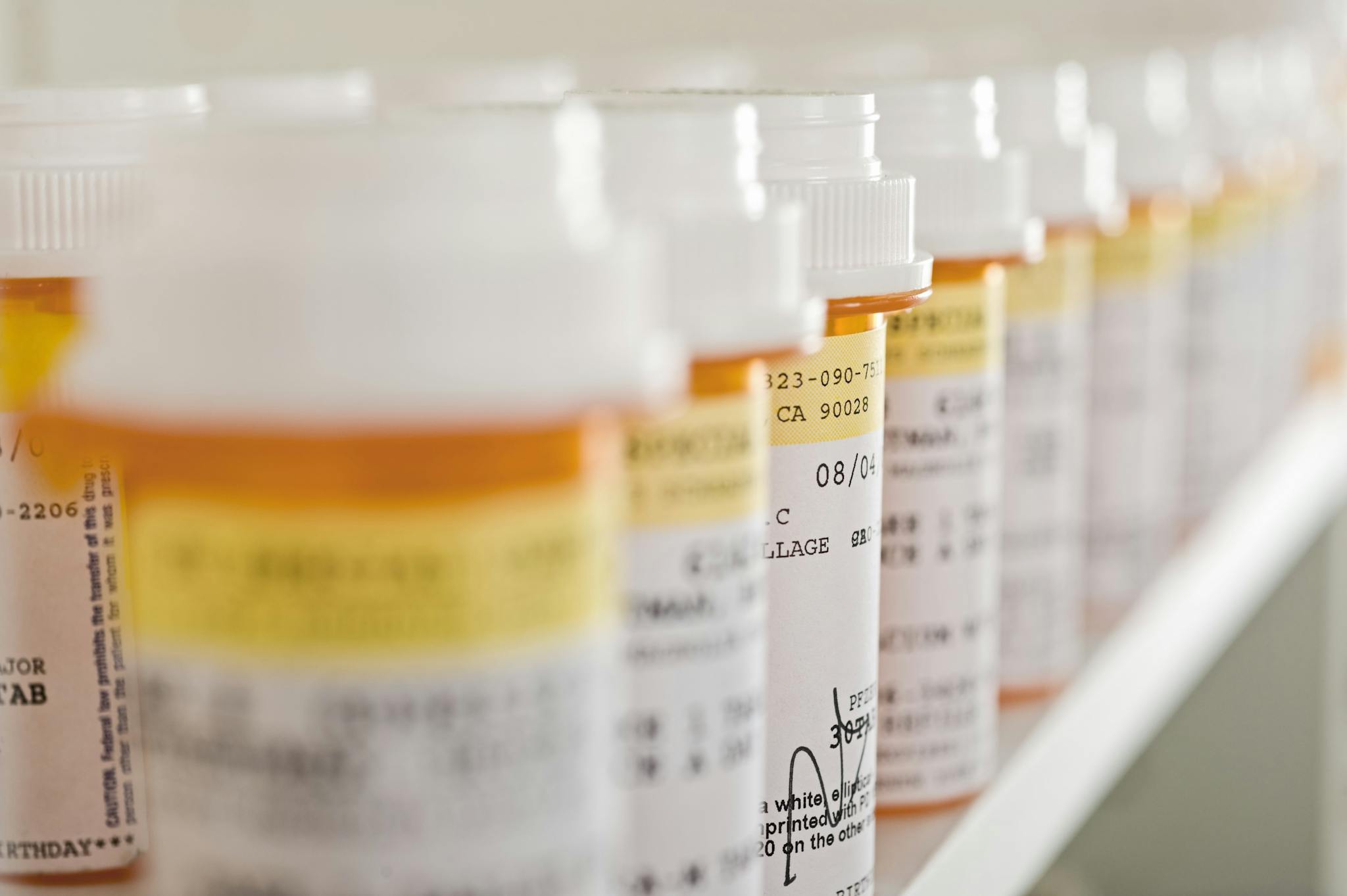Medications can be safe when used as prescribed, but they can be dangerous when taken incorrectly or by the wrong person. According to the Centers for Disease Control and Prevention (CDC), adverse drug events (ADEs) lead to more than 1 million emergency room visits each year. If your or a member of your family receives a prescription, it’s critical to understand how to safely take, store and dispose of prescription drugs.
Importance of Drug Safety
ADEs are a serious public health issue leading to more than 350,000 hospital admissions each year. That’s a total cost of $3.5 billion, according to the CDC. Because older adults take more medications, this group is seven times more likely to end up in the hospital after an ADE. Overdose or misuse of some prescription medications can be fatal. Opioid overdose is a public health epidemic leading to more than 15,000 deaths each year.
The CDC also notes that more than 60,000 children younger than 5 are taken to the emergency room each year after ingesting prescription medications. In fact, 70 percent of emergency room visits for this reason involve children younger than 2.
Practicing Drug Safety at Home
These strategies can help keep your family safe from ADEs:
- Keep up with appointments as recommended to review medications with your doctor. Some drugs require regular monitoring by a doctor, including but not limited to warfarin, insulin, digoxin and certain seizure medications.
- Take pain medication only as directed and never share it with others.
- Tell your doctor about other medications you are taking, including over-the-counter medications and supplements, when he or she writes a prescription.
- If you are prescribed an antibiotic, finish the entire course of medication. Do not take antibiotics if your doctor says they aren’t necessary.
- If you have young children, store medication out of reach. Remind visitors to the home to keep purses and bags that may contain medication out of reach. Make sure to designate a safe medication storage place when traveling.
- Make sure prescriptions are in child-resistant packaging.
- Do not refer to medication as candy to encourage your child to take their medicine, as this may lead children to seek it out. Instead, explain to them what medications are and why only adults can give or take medication.
- Put medications away immediately after using them.
- Keep the Poison Control number (1-800-222-1222) programmed into your smartphone and post it in a visible place in your home.
- Follow directions carefully when administering medication to a child or older family member. Use only the dosing device provided with the product. Ask the doctor or pharmacist if you have questions about how to give the medication.
- Many older adults take multiple medications, which puts them at much higher risk for ADEs. Make sure he or she (or a caregiver) understands why each drug is prescribed, how and when it should be taken and what side effects it may cause. Create a personal medication record detailing each prescription and share it with your doctor and pharmacist.
Your doctor can offer further recommendations when it comes to prescription drug safety.
Revere Health’s family medical practice in Lehi has been serving families for more than 50 years with care for patients of all ages. We specialize in weight control, depression management, skin care, hormone replacement, cardiac conditions and cholesterol management, and we strive to provide our patients and their families with quality healthcare services.
Sources:
“Do’s and Don’ts of Drug Safety.” WebMD. https://www.webmd.com/healthy-aging/guide/medication-safety-tips-dos-and-donts#1
“Medication Safety Tips.” Martin Health System. https://www.martinhealth.org/medication-safety-tips







